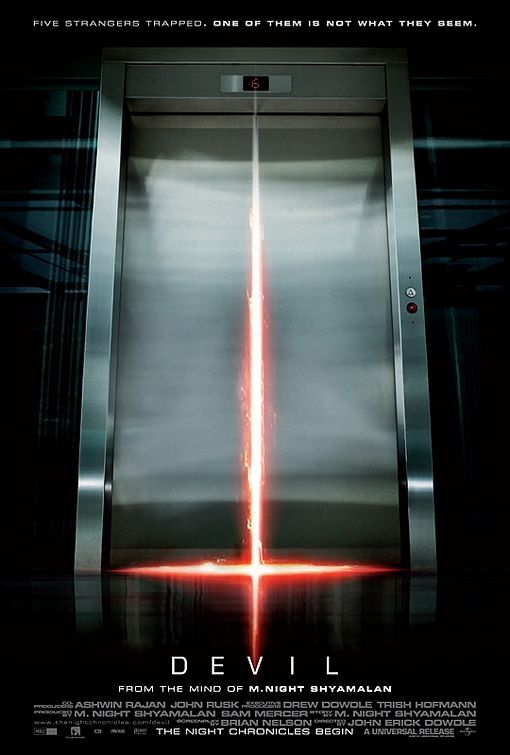We are all constantly making choices in our everyday life. As consumers in the business world, we go through a series of steps when we make choices, known as the consumer decision process.
1. Need Recognition: Recently I had a birthday party at my house and I had to provide some entertainment for my guests, so I decided to rent a movie. But which one?
2. Information Search: First, I performed both an internal and external search for information. I went through my memory for a list of movies I wanted to watch, but haven’t seen yet. These movies included: Devil, 127 Hours, Life As We Know It, and Charlie St. Cloud, to name a few. I also asked what movies my friends were interested in and they narrowed the list down to Devil and Life As We Know It. I didn’t spend too much time on this process because a movie is only a shopping good to me.
3. Evaluation of Alternatives: The universal set of alternatives is tremendous; however, the list was narrowed down to a retrieval set of alternatives using internal search for information. Furthermore, after an external search for information, I’ve settled down on my evoked set of alternatives – Devil or Life As We Know It. The evaluation criteria I used included movie duration, genre, ratings and overviews, and whether my friends have seen it or not.

4. Purchase and Consumption: You may have guessed I chose Life As We Know It in the end, since it’s more suitable for a birthday occasion. But you’re WRONG! We decided to watch a horror movie just for the fun of it!
5. Postpurchase: Devil was a thriller! I was affected by the great storyline, even though I screamed a few times and my heart was still racing at the end. There was definitely no postpurchase dissonance, and I’d recommend this movie to anyone up for suspense!
